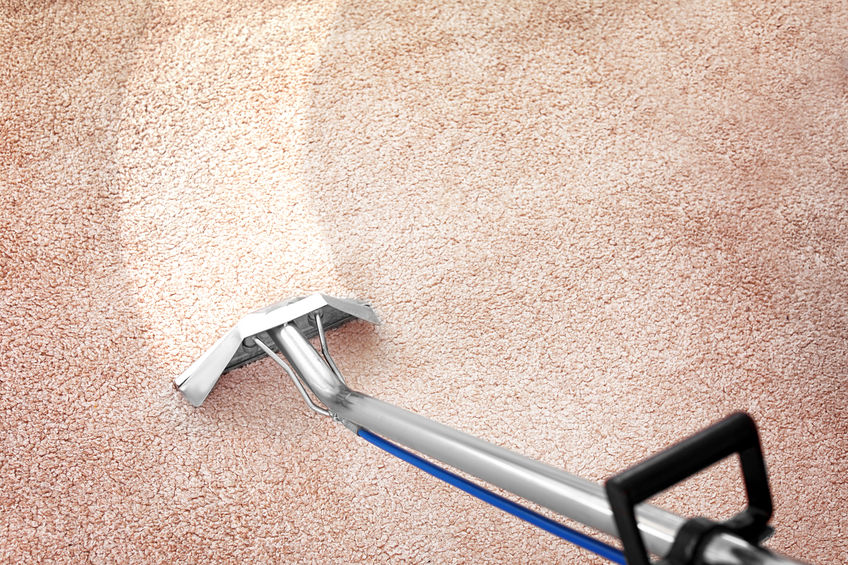Factors That Determine Vacuuming Frequency
- Type of Flooring
Hardwood and tile floors may require weekly vacuuming, as they do not hold onto dirt and dust like carpeted floors. This is due to the glaze applied to tile and sealant used on hardwood floors to keep bacteria and grime at bay.

- Room Usage
A room that gets more foot traffic and activity should be vacuumed frequently than a rarely used room. Spaces that get average use such as home offices and bedrooms should be vacuumed weekly. They remain cleaner for longer because only a few members of the household use them. High-traffic spaces such as mudrooms, kitchens, hallways, and children’s playrooms require more frequent vacuuming, as they grow dingy more quickly. Areas that are rarely used such as formal dining rooms, guest rooms, and sunrooms can be vacuumed less frequently like twice a week.
- If You Have Pets
People who own pets are more likely to vacuum their spaces to get rid of pet hair and dander. Another concern is that when pets go outside, they can carry with them different strains of bacteria and crawling pests back to the house. Daily vacuuming may be necessary to get rid of bacteria and pet dander from upholstery and other surfaces. If you do not have time to vacuum the entire house, then you can concentrate your energy on rooms where your pets spend most of their time.
- Type of Vacuum Cleaner
The type of vacuum you are using can have an impact on how often you can use it to clean your home. The amount of power that a vacuum has or can operate in a single-use may influence your decision if you are worried about your electricity bill. Although a vacuum cleaner with a cord can last longer during cleaning, it may limit the ability to clean hard-to-reach places. However, a cordless vacuum with a good filtration system and a powerful motor can do a better job while cleaning and may encourage frequent vacuuming.
What Are The Benefits of Vacuuming Often?
Regular vacuuming may seem like a huge task for some but comes with lots of advantages that can benefit your health and personal well-being. Many homeowners like living in clean homes even if they do not like the actual cleaning. Asthmatic people are more likely to suffer in a house with pets as their condition may worsen when they accidentally inhale the pet hairs or dander that has become airborne. People may also fall sick because of the number of germs, and other microbes that are trapped between carpet fibers, upholstery, and crawl spaces. Regular vacuuming can help get rid of dirt, dust, allergens, and other microorganisms from various surfaces in your home.
Best Practices for Vacuuming Floors
It is important to choose a vacuum that is best suited to the type of flooring. Canister vacuums siphon dust without scattering it thus are more effective on hard floors. Upright vacuums are ideal for soiled carpets because they have a single unit that contains all components for such a task. Understand the manufacturer’s recommendation on how to operate, clean, and maintain your vacuum. Move the vacuum slowly back and forth in one direction and repeat the process in the opposite direction after doing the floor end to end.
It is important to put on a mask when vacuuming to avoid inhaling any dust or allergens that may become airborne during cleaning. It is also important to consider the surface where you will use the vacuum and whether it is suited for that task as it determines the overall results. Vacuuming not only keeps your home clean but also provides many benefits to your health and overall well-being of your family members.
